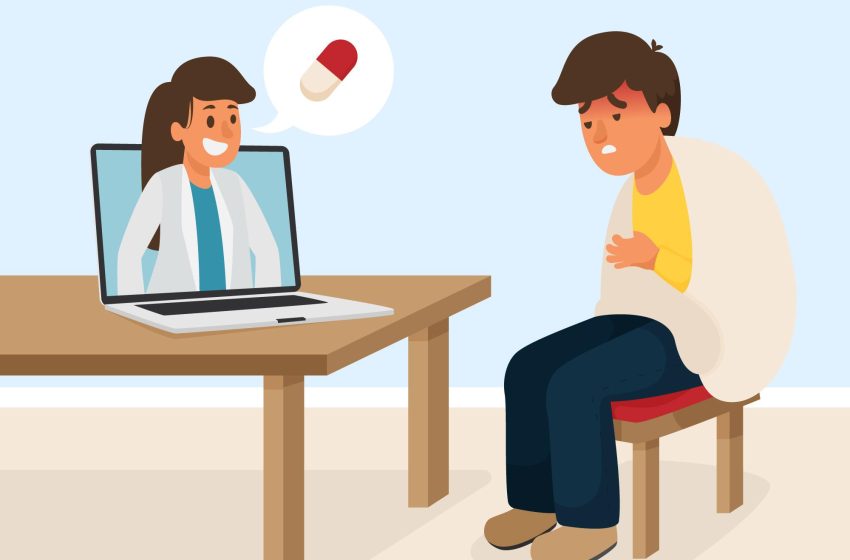Nitazoxanide: Know Your Dose for Parasite Treatment

Nitazoxanide, sold under the brand name Alinia among others, is a prescription medication used to treat diarrhea caused by specific intestinal parasitic infections. you should try Nitazoxanide 200 mg
Treated Parasites and Dosage:
Nitazoxanide is effective against two primary intestinal parasites:
- Giardia lamblia: This microscopic parasite causes giardiasis, characterized by watery diarrhea, fatigue, abdominal cramps, and gas. you should try nitazoxanide 500 mg
- Cryptosporidium parvum: This parasite causes cryptosporidiosis, leading to watery diarrhea, dehydration, stomach cramps, and weight loss.
The recommended dosage of nitazoxanide varies depending on age and the specific parasite being treated:
- Adults and Children 12 years and older:
- Giardiasis: 500 milligrams (mg) taken orally twice daily (every 12 hours) for 3 days.
- Cryptosporidiosis: 500 mg taken orally twice daily for 3 days.
- Children 4 to 11 years old:
- Giardiasis and Cryptosporidiosis: 10 ml (200 mg) of oral suspension taken twice daily for 3 days.
- Children 1 to 3 years old:
- Giardiasis and Cryptosporidiosis: 5 ml (100 mg) of oral suspension taken twice daily for 3 days.
- Children under 1 year old: Safety and efficacy have not been established.
Dosage Considerations:
- Nitazoxanide is always taken with food. Food helps with absorption and may reduce potential side effects like nausea.
- The medication comes in two forms: tablets for adults and children 12 years and older, and an oral suspension for younger children.
- Shake the oral suspension well before measuring each dose. Use the provided dosing syringe or a medication spoon to ensure accurate measurement.
- Complete the full prescribed course of medication, even if symptoms improve after a few doses. Stopping early can lead to treatment failure and reinfection.
Important Information:
- Do not take nitazoxanide if you are allergic to it or any of its ingredients.
- Inform your doctor about any pre-existing medical conditions, especially liver or kidney problems.
- Nitazoxanide is not recommended for pregnant or breastfeeding women unless the potential benefits outweigh the risks, as determined by your doctor.
- Common side effects include nausea, headache, stomach pain, and dark-colored urine. Consult your doctor if these side effects become severe or persistent.
Additional Considerations:
- Nitazoxanide may interact with other medications. Disclose all medications you are taking to your doctor to avoid potential complications.
- Maintain proper hygiene practices during treatment to prevent the spread of parasites, especially if treating giardiasis. This includes thorough handwashing after using the toilet and before preparing food.
Remember:
The information provided here is for educational purposes only and should not be interpreted as medical advice. Always consult with a qualified healthcare professional for diagnosis and treatment specific to your situation. They will determine the appropriate dosage of nitazoxanide based on your individual needs and medical history.
Here are some additional points to consider beyond just the dosage of nitazoxanide for parasite treatment:
Effectiveness and Resistance:
- While generally effective, nitazoxanide’s success rate can vary depending on the specific parasite strain and factors like the patient’s immune system.
- Cases of parasite resistance to nitazoxanide have been reported, although less commonly compared to other anti-parasitic medications.
Alternative Treatment Options:
- In some cases, depending on the parasite and its severity, your doctor might recommend alternative medications like metronidazole or tinidazole for giardiasis or antibiotics like azithromycin for cryptosporidiosis.
Management and Prevention:
- Nitazoxanide addresses the parasitic infection itself, but additional measures might be necessary to prevent reinfection or transmission to others.
- This may involve proper hygiene practices like frequent handwashing, disinfecting surfaces, and avoiding contaminated food and water sources.
Travel Considerations:
- Travelers to areas with high rates of giardia or cryptosporidium are at increased risk. Consulting a healthcare professional before travel can help determine if preventive medication like nitazoxanide is advisable.
Diagnosis and Follow-up:
- A proper diagnosis through stool tests is crucial before starting nitazoxanide treatment.
- Your doctor might recommend follow-up stool tests after treatment to ensure the parasite is completely eradicated.
Additional Resources:
- You can find more detailed information on nitazoxanide, including potential side effects and drug interactions, on reputable medical information websites like the National Institutes of Health.
Remember:
This information is intended to supplement, not replace, professional medical advice. For any questions or concerns regarding parasite treatment with nitazoxanide, consult your doctor for personalized guidance.

